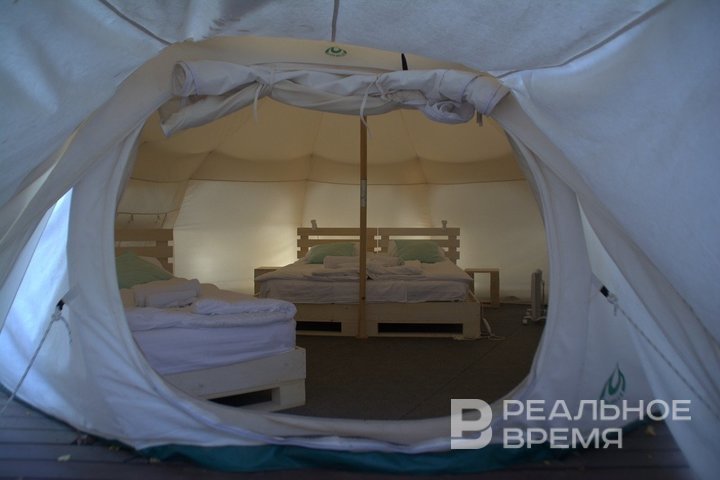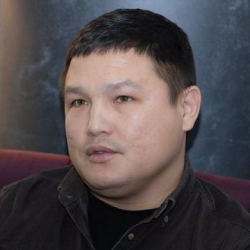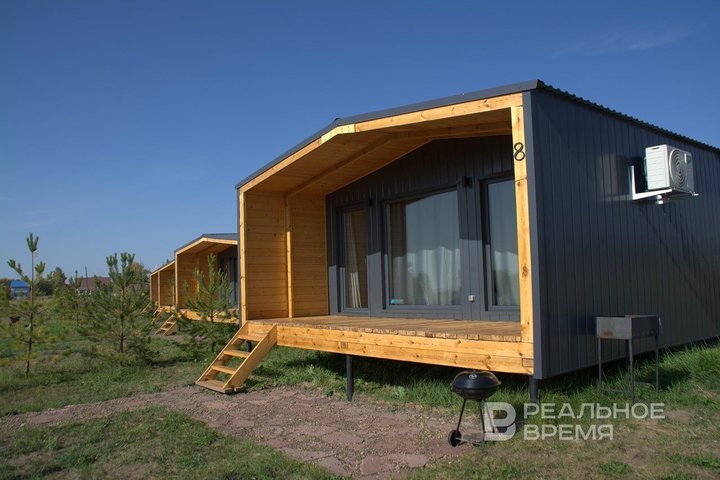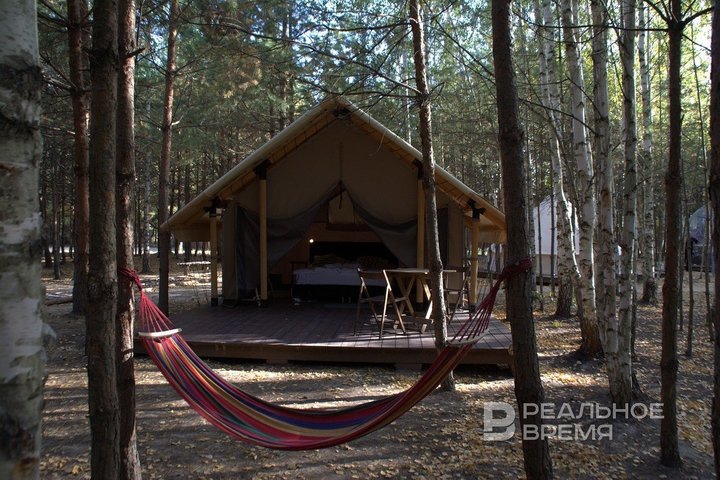Glamping owners in Tatarstan sell off ‘successful businesses’ for 10 m rub
Is countryside tourism losing its appeal, or are entrepreneurs distancing themselves from unlicensed operations?

As it became known to Realnoe Vremya, no fewer than seven glamping sites in Tatarstan have recently appeared on classified ad platforms, each billed as a “turnkey” and “profitable business.” Prices for these alleged golden opportunities begin at 10 million rubles. This has sparked speculation that rural tourism may be losing its allure, prompting owners to offload failing ventures. However, both industry insiders and the Tatarstan Institute for Urban Development dispute this narrative. Realnoe Vremya investigates what lies behind the promises of easy profits — and what aspiring entrepreneurs should really be looking out for.
“Profitable businesses” up for sale
Seven posts for glamping sites have surfaced on a ads platform, with asking prices ranging from 10 to 150 million rubles. These price tags typically include both the land and existing structures. In most cases, no clear reason for the sale is provided.
The majority of sellers claim they are offering a turnkey, profitable business with an established client base. Some of the sites are move-in ready, featuring completed cabins and necessary utility connections. Others, however, still require finishing touches — such as interior cladding or furnishing — before they can welcome guests.
“Glamping hasn't seen a decline in visitors”
A decline in the popularity of glamping cannot be cited as the reason for the sell-off — on this point, two experts interviewed by Realnoe Vremya are in agreement.

“There's been no decline in glamping visits. In fact, we're entering summer — the peak season. Occupancy is high, and so is demand.”
“Pseudo-glampings” vs. real recreation centres
According to the Directorate for Natural Territories at the Tatarstan Institute for Urban Development, most of the listings in question aren’t true glamping sites at all:
“We would like to point out that the properties listed in these advertisements and labelled as ‘glampings’ are, in reality, not glamping sites at all. More often than not, these are simply houses built on plots designated for personal subsidiary farming, which do not meet the legal requirements for rural tourism development. The plots themselves are too small to qualify as proper recreational facilities or glamping operations. Nevertheless, amid tighter land-use regulations, many owners are trying to sell off these properties under the appealing label of ‘glamping’. Not a single listing specifies the land category. Sellers are offering what they describe as a ‘working, profitable business’ — yet it was built on land where such activity is not legally permitted.”

The Directorate clarified that true glamping sites are fully developed holiday retreats featuring proper infrastructure, large land plots, legally designated land use, and an official classification as accommodation facilities. Of the six listings reviewed, only two met these criteria. These two sites are registered with the Institute and are listed for sale at 21 and 150 million rubles, respectively. The reasons for their sale remain unknown.
“This is most likely an investor tactic”
According to Ilnar Khamidullin, there may be several reasons behind the sales:
- The properties aren’t officially registered as businesses; they are owned by self-employed individuals who lack the capacity to invest at scale.
- They fail to meet the new accommodation classification standards introduced this year.
- The land is not designated for the intended use.
“They may also lack room for expansion — the plots are simply too small,” Khamidullin added. “They can't build a proper facility with a reception area, staff housing, and so on. All they really have is a rental cabin with no infrastructure.”
The sellers are mostly small-scale entrepreneurs who may also be facing financial difficulties, says Irlan Tagabergenov.
“There are also larger glamping sites up for sale, which I’ve seen in listings. In those cases, it’s likely an investor strategy. They want to lock in profits from earlier investments before the high season begins. Many listings describe the offering as a ‘turnkey business’ and include monthly revenue figures, net profit, expenses, and more,” he noted.

“In these listings, the land category is not specified, which means potential buyers must make direct inquiries to obtain this information themselves,” the Directorate added. “It is entirely possible that the land category will be suitable. When signing a purchase agreement for land, it is legally impossible to conceal the land’s category or designated use — so deception is ruled out. That said, it is up to the buyer to assess the risks and pay close attention to the land’s official classification.”